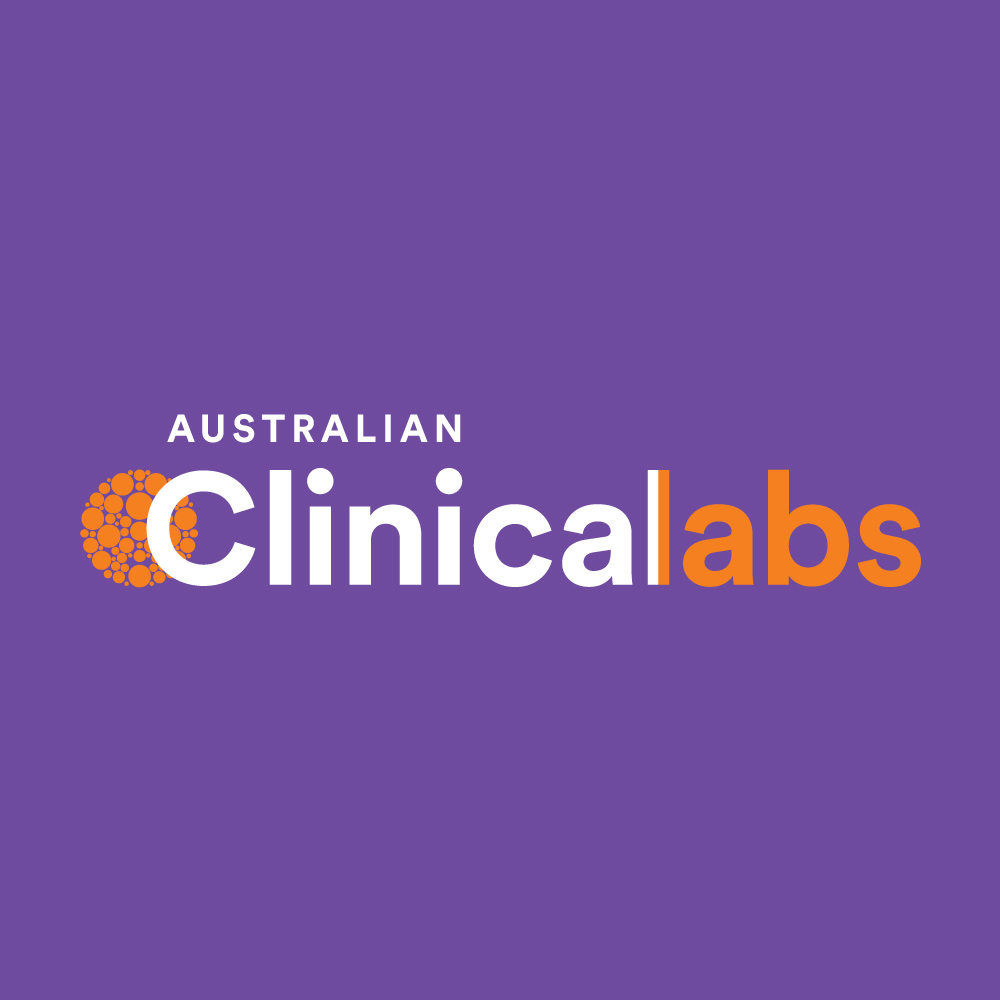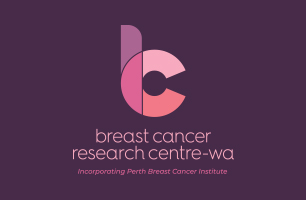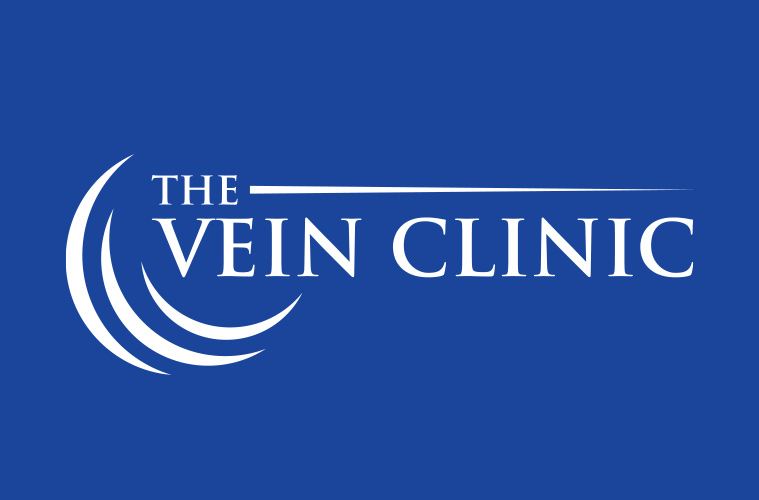Hepatitis C – Destination Elimination
The last year or so, one particular virus has been at the forefront of our minds. Meanwhile, in the background, another virus – hepatitis C virus – was being successfully cured by an increasing number of people, as the nation chips away at reaching the 2030 target of eliminating hepatitis C from Australia. Read More...








